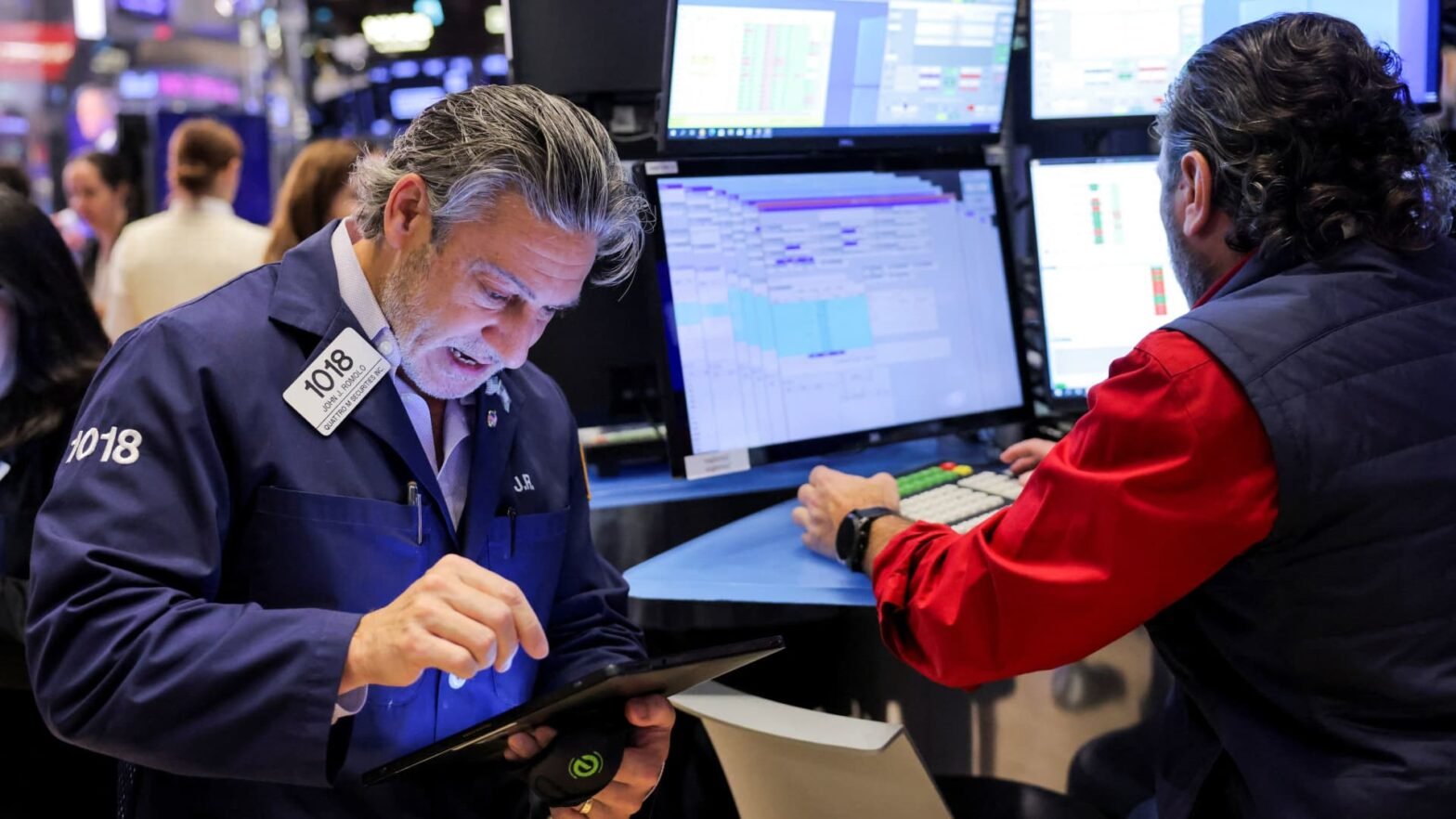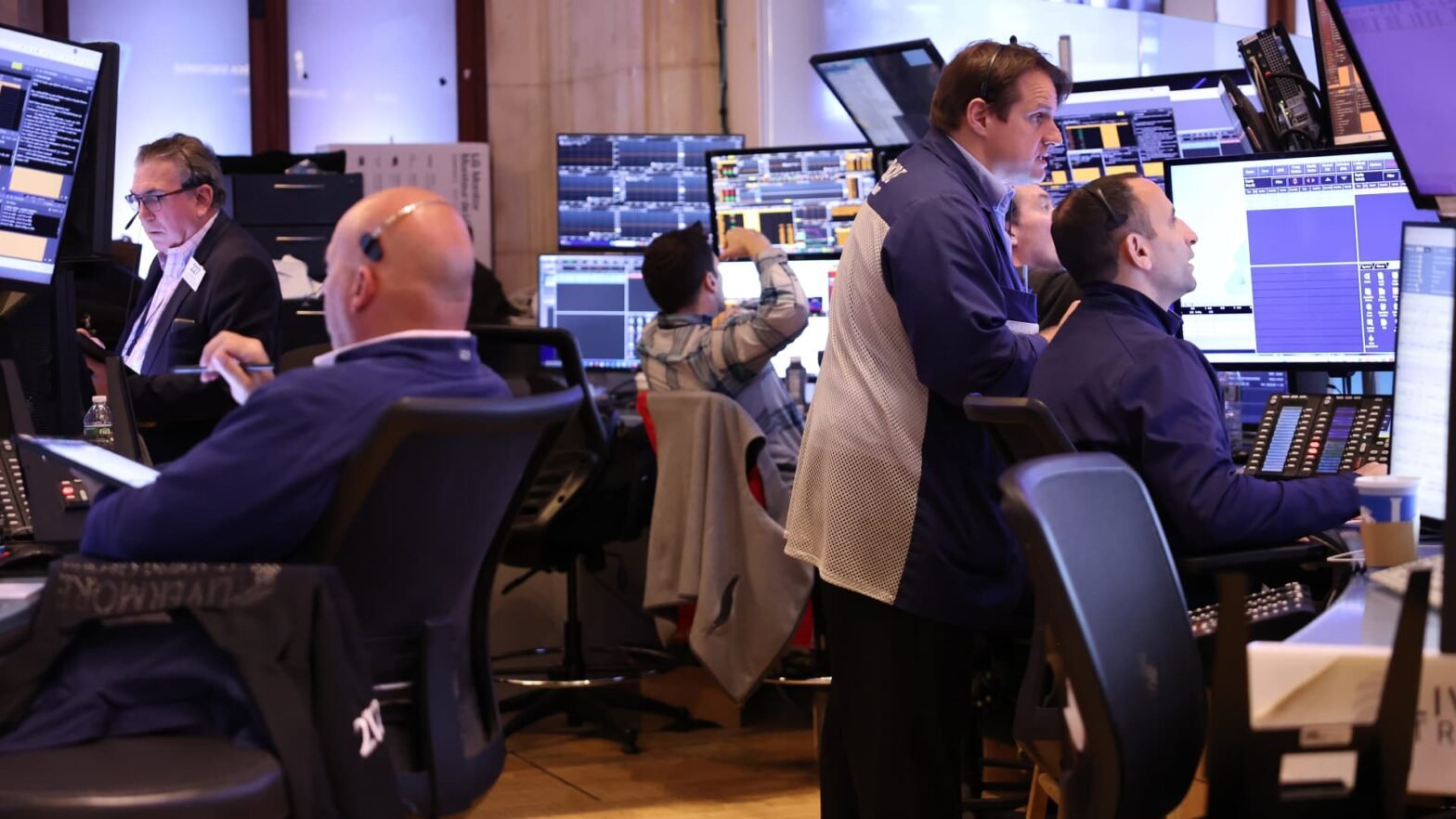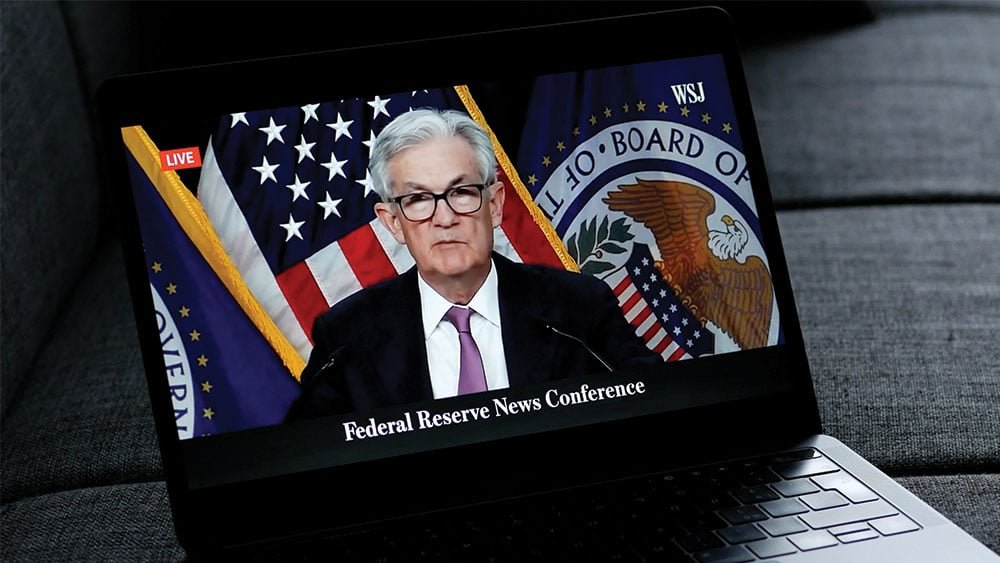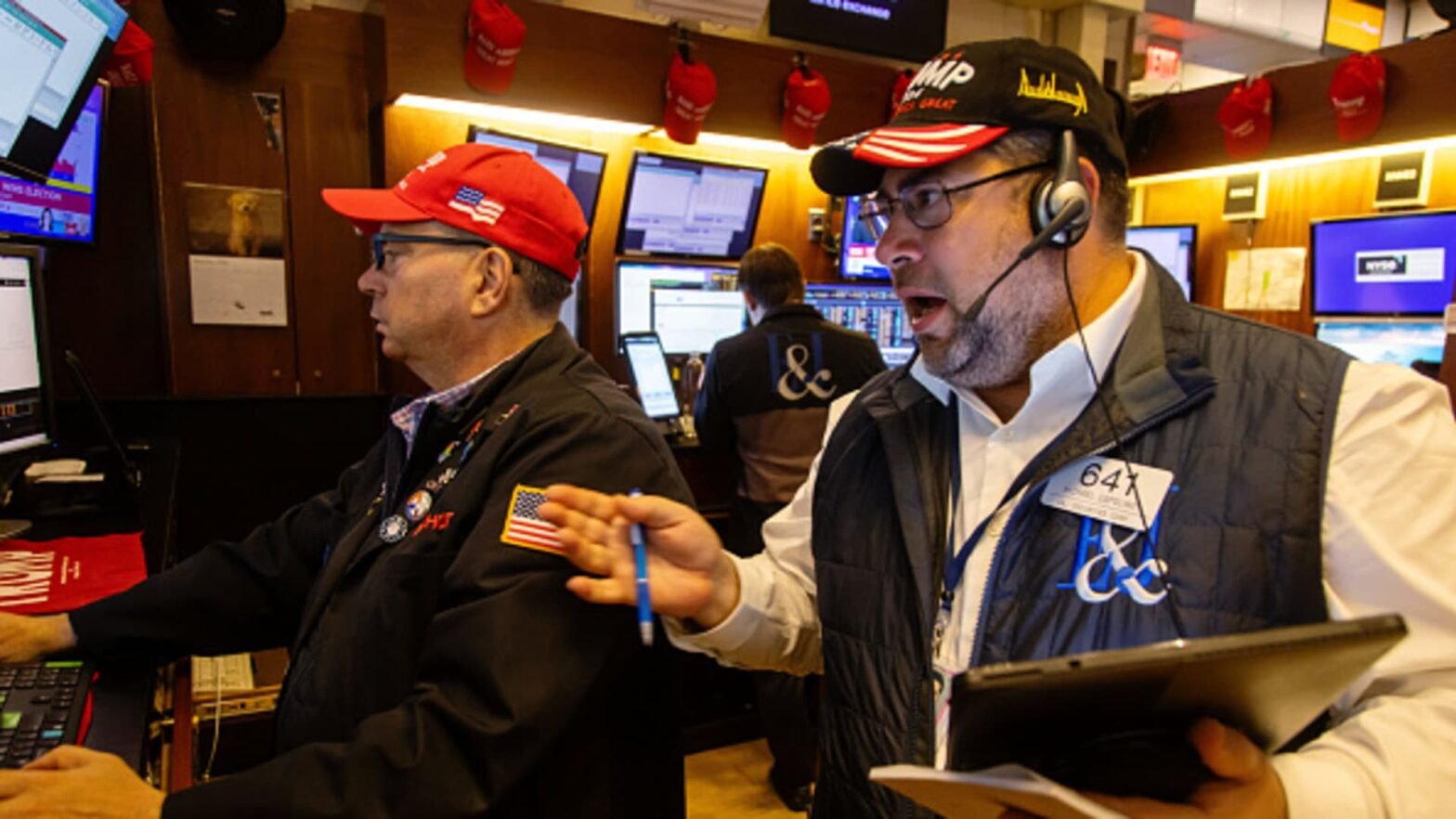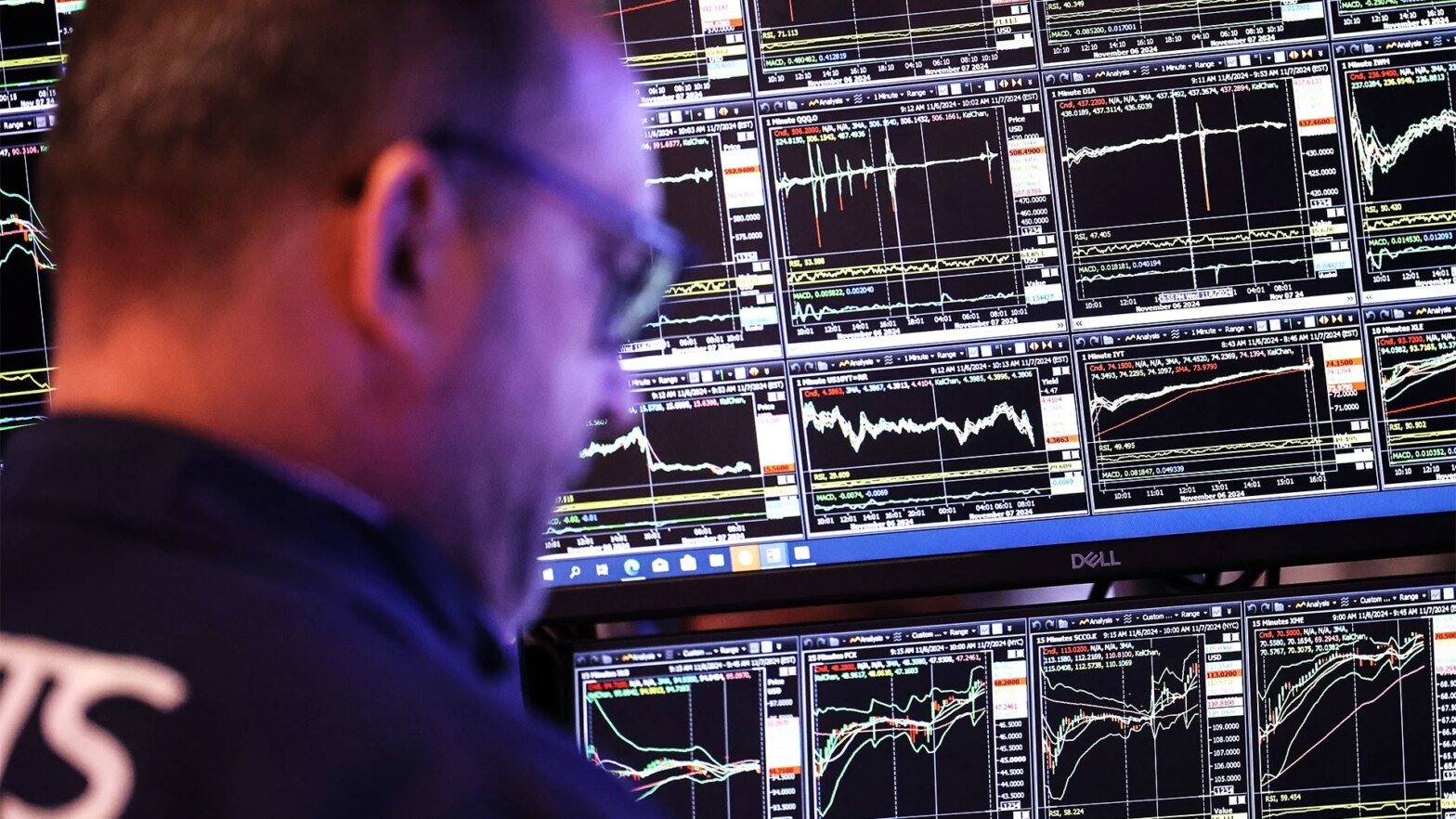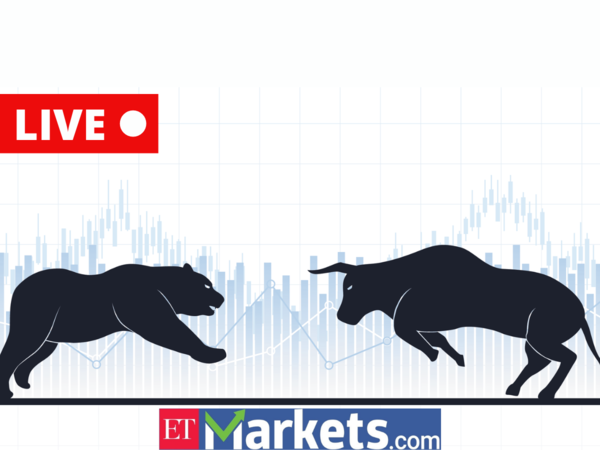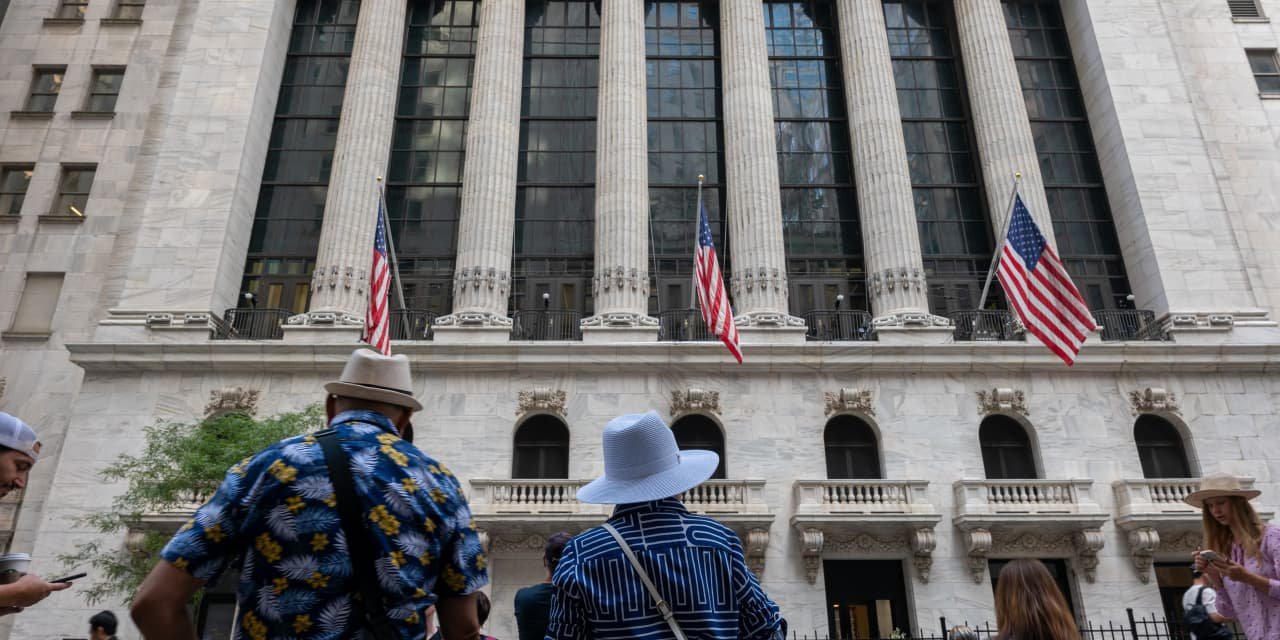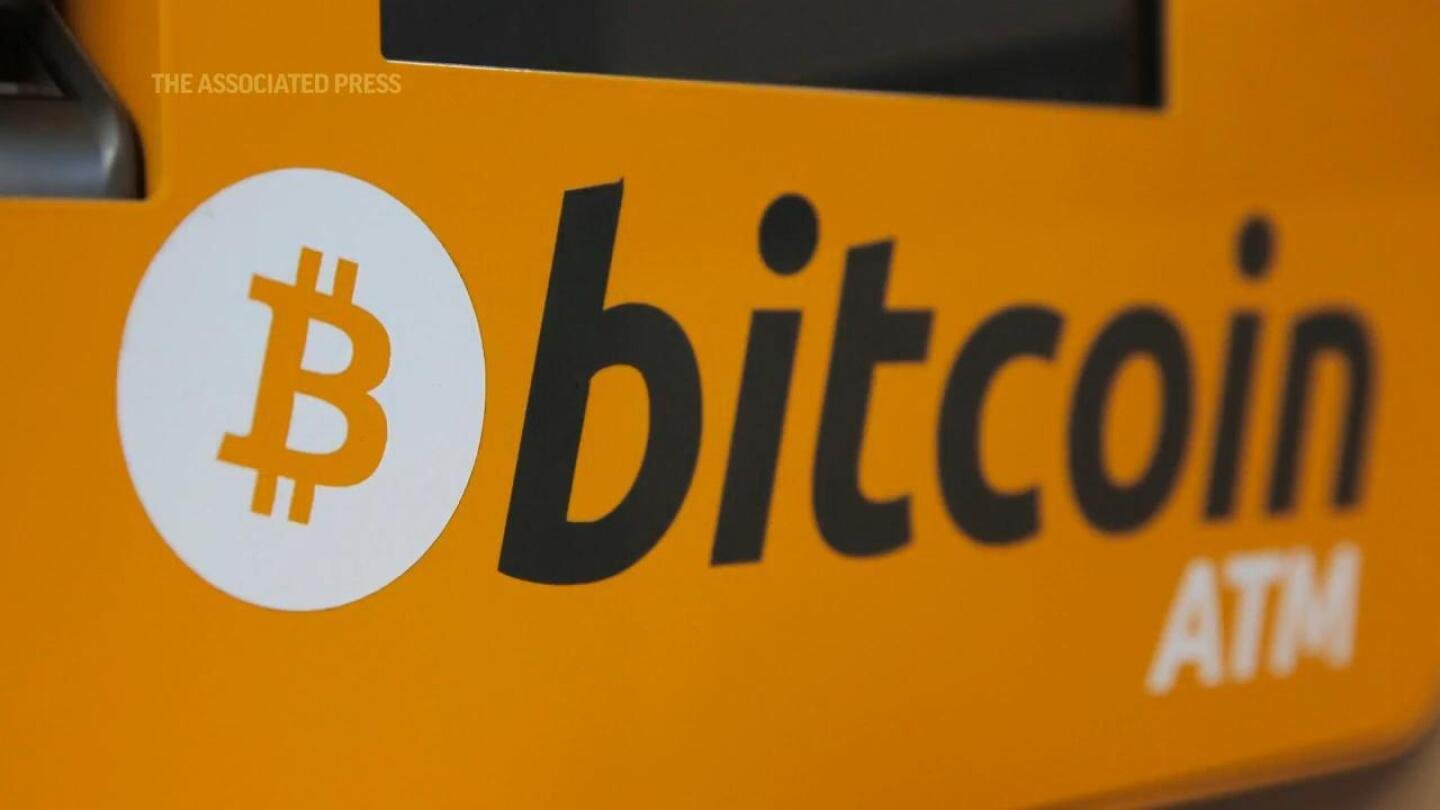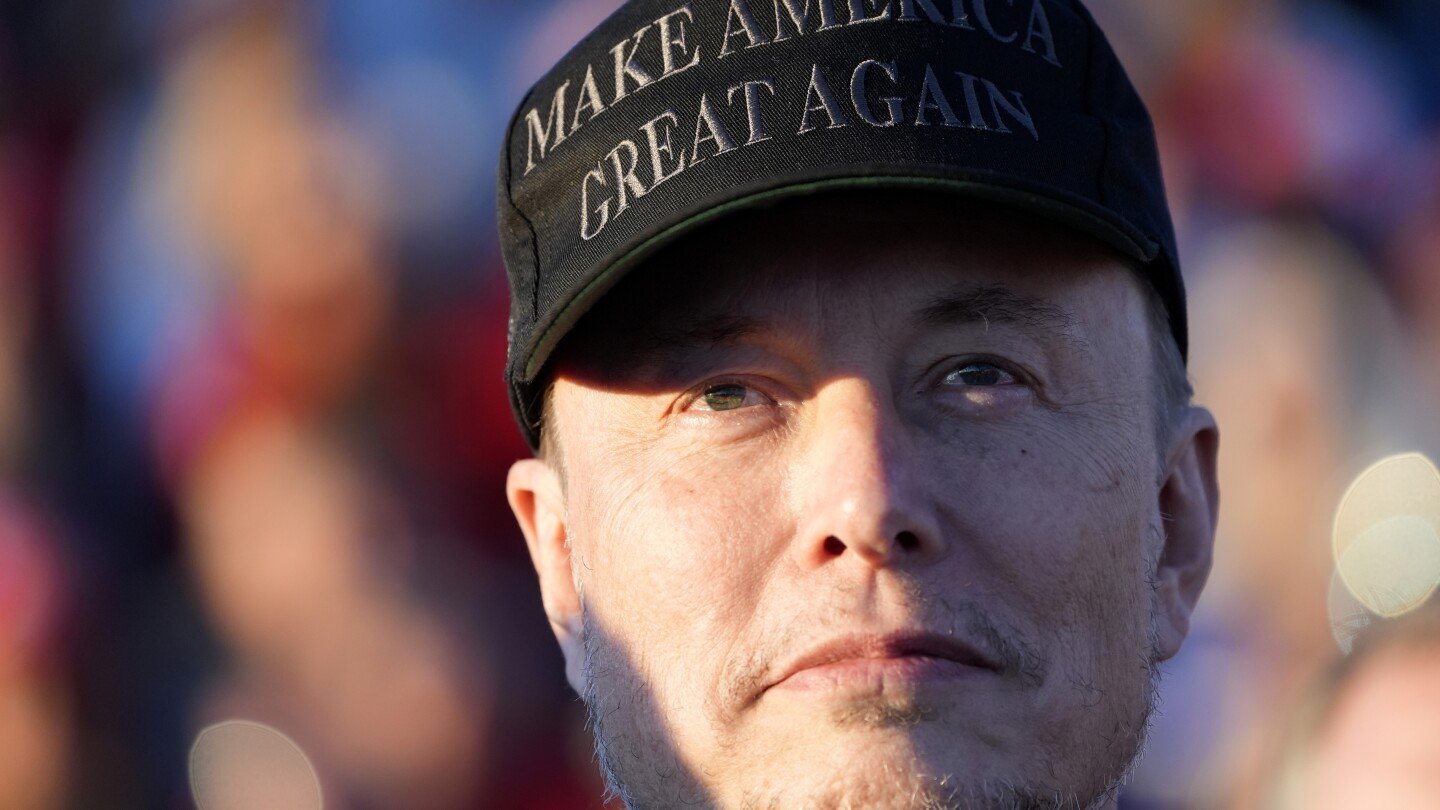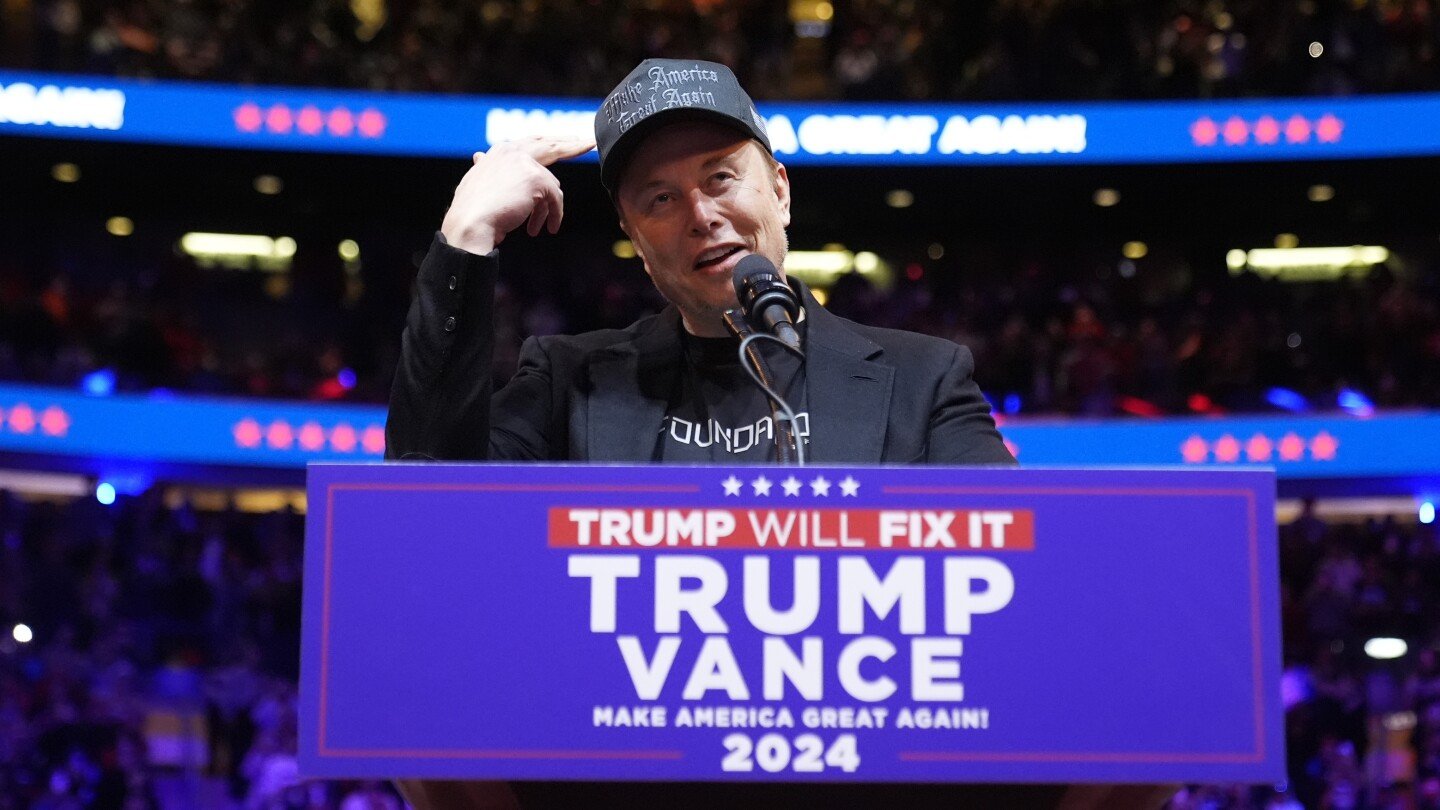Japan is one stock market outside the U.S. that could win now that Donald Trump is headed back to the White House. A number of U.S.-listed funds tracking international markets slid Wednesday, as investors deliberated the impact of the president-elect’s proposed tariffs on global trade. Trump has previously proposed tariffs of up to 20% on imports, with a stringent tax of 60% on goods coming from China. Japanese stocks rallied, however, as the yen weakened with some investors expecting the U.S. defense partner stands to gain most from Trump’s policies. On Wednesday, the Nikkei 225 popped 2.6%, its best day since Sept. 12. “Japan is the winner,” Goldman Sachs’ Tony Pasquariello wrote this week. He outlined an investment case for the market, saying it’s a reflation play as the country’s central bank raises interest rates and will continue to benefit as a U.S. defense partner. What’s more, Pasquariello wrote, Japan is a “winner by process of eliminating most everything else,” including China, which he said has the “most to lose,” and Europe, which remains in a “tough spot.” .N225 5D mountain Nikkei 5-day chart Other Wall Street firms agreed the Japanese equity market is set to outperform now that the U.S. presidential election is over, saying a relief rally is to be had now that markets have gotten past a key hurdle. “We believe markets will lean toward a rally as the year-end approaches,” Bank of America’s Masashi Akutsu wrote Wednesday. However, Akutsu warned, with few positive earnings surprises in the market, a year-end rally could be “limited in scope.” Bank of America recommended stocks with high beta, high return on equity and low leverage. Among the stocks that it identified matching that criteria include conglomerate Hitachi, electronics equipment maker Keyence , and Uniqlo-parent company Fast Retailing . To be sure, it may be some time before Japanese stocks see a return in foreign investor interest, after the market’s August sell-off spooked many from the market. Early that month, the Nikkei 225 lost more than 12% in a single day, logging its worst daily performance going back to 1987’s “Black Monday.” “Looking at overseas passive flows, large selling of Japanese stocks by European passive investors has stopped, but even examining the picture in combination with US passive investors, a switch to continuous net inflows has still not happened,” J.P. Morgan’s Masanari Takada wrote Thursday. Takada said investors may have to weigh the near-term benefits of a Trump market against the risks of a possible trade war, even with a rise in the Japanese equity risk premium. The iShares MSCI Japan ETF (EWJ) has underperformed this year, down more than 8% compared to the S & P 500’s more than 20% advance. It’s gained nearly 3% this week.
The one non-U.S. stock market that could win from Trump and how to play it
Nov 7, 2024
